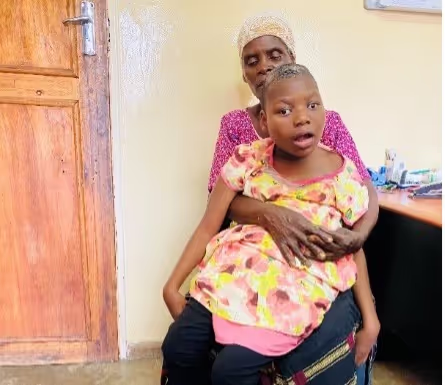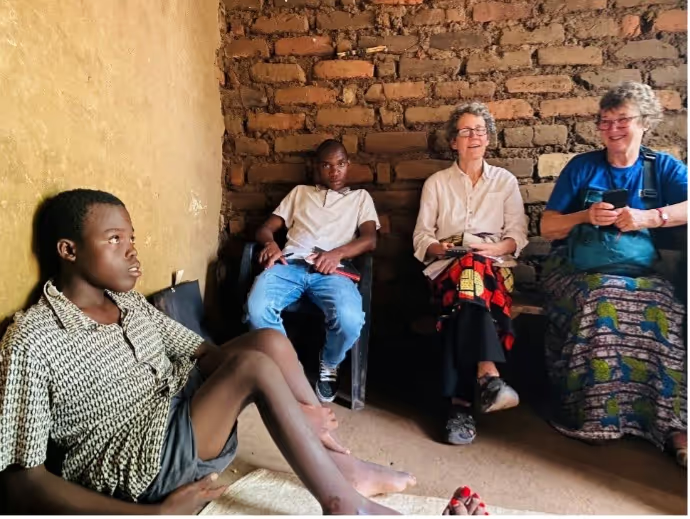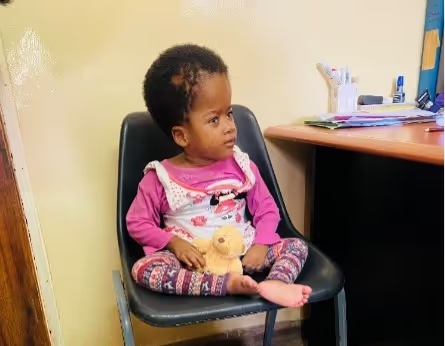Breathing Through Poverty: Supporting a Mother to Sustain Her Daughter’s Oxygen Care
July 22, 2025
5
min read
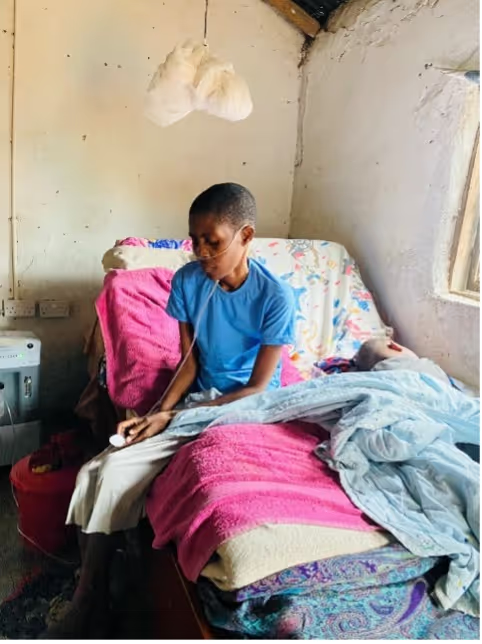
PT is a palliative care patient living with severe, irreversible lung damage, which has left her dependent on continuous oxygen therapy for the past three years. After spending two years hospitalized, she was eventually discharged home — a significant milestone made possible through the collaborative efforts of the palliative care team and the generosity of well-wishers. Thanks to their support, PT was provided with an oxygen concentrator and cylinder, as well as the installation of both electricity and solar power in her home to ensure an uninterrupted oxygen supply.
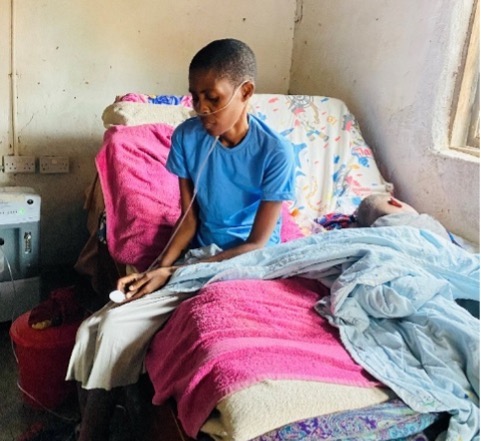
Since her return home, the palliative care team has remained actively involved, offering regular symptom management through medications and providing essential social support. However, the chronic nature of PT’s condition has placed an increasing strain on the limited resources of the care team.
Despite these efforts, P.T’s overall health remains fragile. She is visibly malnourished — a reflection not only of her medical condition but also of the family's dire financial situation. Adequate nutrition is essential to strengthen her immune system, improve energy levels, and support her body’s response to ongoing treatment, yet the family is currently unable to meet even these basic needs.
PT’s mother, who serves as her full-time caregiver, has no source of income. Her days are entirely devoted to attending to her daughter’s needs, leaving her with no opportunity to seek work. This has left the family in a cycle of poverty, reliant on external support for survival.
To break this cycle and improve the family’s quality of life, there is a critical need to economically empower PT’s mother. With financial assistance to start a small business or engage in an income-generating activity, she could begin to provide for the household’s basic necessities — including food, hygiene supplies, and other essentials for PT’s care.
Such support would not only reduce the family’s dependence on the already overstretched palliative care services, but also restore a sense of dignity, stability, and self-reliance. By investing in the mother’s potential, we can help sustain the progress already made in P.B’s care and ensure a better quality of life for both mother and daughter.





